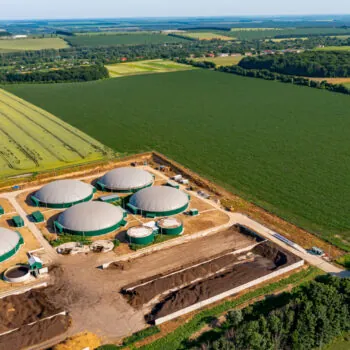This year’s G7 statement highlighted that a net zero power sector by 2035 has become both a climate and an energy security objective for industrialised nations. Delivering this at pace, low cost and high reliability requires strategic plans. So far, no G7 country has produced such a strategic plan, but the UK and the EU both could demonstrate the way forward.
This briefing shows how legislation, policies and processes can fit together to form an effective power sector decarbonisation plan. Plans will need to cater for individual characteristics of power systems in different countries. However, some general principles apply. Plans must be coherent across energy sectors, able to adapt to emerging opportunities, and command the support of society.
These principles must be reflected in the supporting legislative and policy framework. The proposed framework involves:
- Core legislation, which sets obligations on delivery bodies (e.g. regulators, financing agencies, infrastructure planners). Key requirements include: a net zero obligation on energy regulators, a strategic “whole-system” infrastructure plan, the system operator to update approaches in line with latest digital technology, and local-level mandates.
- Adaptive policy which maintains momentum as technology evolves and economic circumstances change. This should include mechanisms to support investment in zero-carbon technologies and a robust consumer protection framework.
- Delivery processes that continually update infrastructure plans and electricity market design. This will ensure they remain consistent with changing technology and meet evolving consumer needs.
This briefing additionally assesses progress in the EU and UK against this idealised approach. Both have many of the elements of this framework already in place. However, while this makes EU member states and the UK well-placed to move forward and produce plans to decarbonise the power sector, there are areas for improvement. Areas to focus on are the mandates for key delivery bodies and processes for market design and infrastructure planning.


